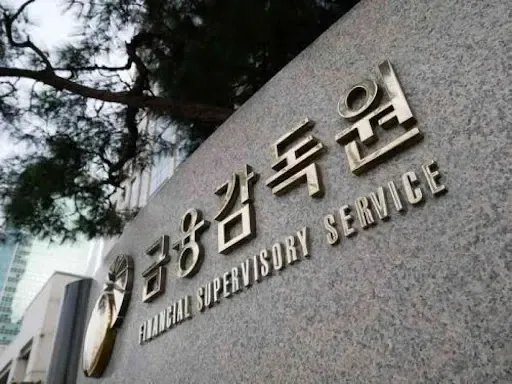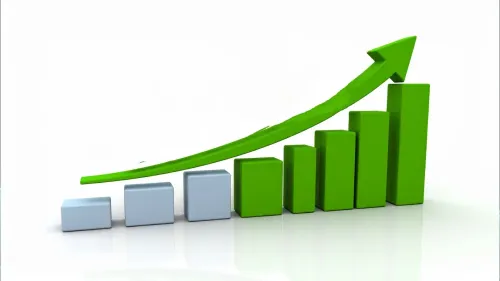Short Selling in South Korea Hits $4.38 Billion in First Week Post-Ban

Synopsis
Key Takeaways
- Short selling totaled 6.4 trillion won in the first week post-ban.
- Largest weekly net sell-off by foreigners since August 2021.
- New detection systems and regulations introduced by authorities.
- KOSPI and KOSDAQ experienced declines during this period.
- Short selling was last banned in March 2020 due to COVID-19 market effects.
Seoul, April 6 (NationPress) Short selling activity in South Korea reached 6.4 trillion won ($4.38 billion) during the initial week following the lifting of a ban that lasted over a year, according to the bourse operator's report on Sunday.
Short selling was reinstated for all listed companies last Monday after a suspension that began in November 2023 due to violations of naked short selling involving multiple global investment banks, as per the Yonhap news agency.
The Korea Exchange disclosed that the average short selling on the primary KOSPI and secondary KOSDAQ markets was 1.28 trillion won daily, accumulating to 6.4 trillion won for the week.
This weekly total represents a significant increase from the daily average of 788.4 billion won recorded in the month preceding the ban.
Foreign investors were responsible for 90 percent of the short selling on the KOSPI, while institutional investors accounted for 9 percent.
During the previous week, the KOSPI saw a decline of 3.62 percent, closing at 2,465.42 points on Friday, while the tech-heavy KOSDAQ experienced a 0.92 percent drop, finishing at 687.39.
Foreigners executed a net sell of 5.86 trillion won over the week, marking the largest weekly net sell-off since August 2021.
Short selling was permitted for all listed firms for the first time since March 2020, when authorities halted the practice amid market turmoil due to the COVID-19 pandemic.
The ban was partially lifted in May 2021 but was reimposed in 2023.
The bourse operator introduced a new system to detect illegal activities, and the Financial Supervisory Commission, the nation’s financial regulator, outlined new regulatory changes.
The Financial Supervisory Service, the financial watchdog, indicated earlier that it would bolster market monitoring and introduce measures to mitigate excessive stock volatility for a duration of up to two months following the lifting of the short selling ban.









